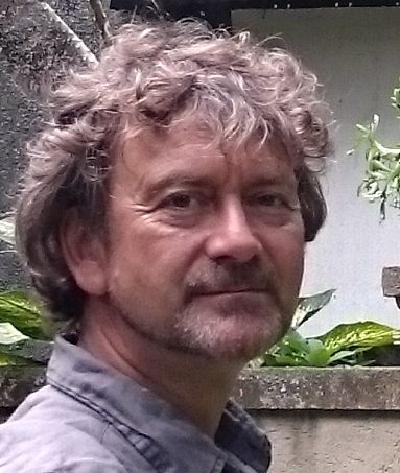Bugs and Drugs and Speciation: Sexual Behavior of neotropical Drosophila Flies directed by Wolbachia

SémIDEEV
29/03/2023
11:30:00
Wolfgang Miller
IDEEV - Salle Rosalind Franklin
Selfish genetic elements (SGEs) like transposons, viruses, bacteria, archaea and protists are universal life entities with the capacity to replicate faster than the host and to tightly coevolve by fluctuating waves of conflict and cooperation. In the light of the Holobiome concept, the phenotype of an organism is formed not only by its nuclear and organelle genomic compounds but also by the genomic entities of its cohabitating SGE symbionts. Thereby, SGEs are now considered as important factors to drive along the genetic diversity and speciation of their hosts, even within short evolutionary periods of time. As shown by the latitudinal diversity gradient, tropical organisms have a much higher diversification and speciation rate than temperate ones, and thereby are ideal systems for studying the tempo and mode of SGE-driven host speciation under experimental conditions.
Drosophila paulistorum is a neotropical species complex that became famous since the 1960s by Dobzhansky and Ehrman as a reference model system to study the causes and consequences of incipient speciation in nature but also under lab-controlled conditions. We recently demonstrated that the maternally-transmitted endosymbiotic Wolbachia bacterium is a fixed mutualistic entity of all D. paulistorum flies, which directs sexual behavior of both sexes and hence reproductive isolation between closely related fly species. We will discuss the complexity of multi-level host-microbiome interactions in the light of the holobiome concept and their impact on organismic speciation in the tropics.